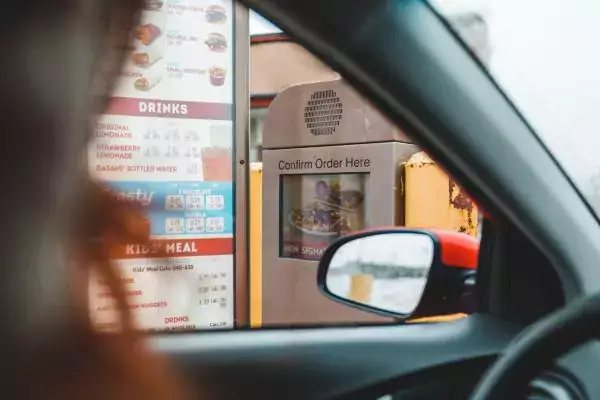“There’s no such thing as bad publicity…” except in the restaurant industry. Food safety and cleanliness concerns destroy brand value. This is not a new concept. However, operators now have the additional burden of protecting their brands against negative comments on social media and bad reviews on sites like Yelp, Google Review, and Trip Advisor.
A paper published by Harvard Business School found that restaurants see a 5-9% increase in revenue with each star rating increase. Chain restaurants are more protected than independent restaurants - patrons are less likely to reference online reviews because of brand trust. Also, according to a new study published in Psychological Science, people have a tendency to choose the location with more reviews. Social media chatter and reviews are not entirely bad - it’s better to have many assessments than none at all. However, brands need to think strategically about their approach to customer commentary.
Respond to Negative Reviews
To protect your brand, always respond to customer feedback, even extremely negative comments. Do not delete any comments from public forums; the coverup will create more controversy than the original comment itself. An exception to this is if a comment is profane or spammy - those comments are inevitable and must be deleted to discourage similar posts.All authentic customer feedback should be responded to in a timely manner after you consider the following:
- How quickly can it be resolved and at what cost?
- How many people could the subject effect?
- What would happen if the problem became well-known?
Be Proactive with Store Audits
Intercept operational problems that often lead to negative reviews. You’ve probably realized areas that regularly raise concerns: new promotions slow customer service, expired products stay on shelves, bathrooms aren’t properly cleaned. It’s time to take control of all your locations so they run as well as your best restaurant. Zenput makes it easy to audit your stores via a mobile device. Uncover real-time, actionable insights. Understand areas for improvement, and implement new training programs. Learn more about auditing with Zenput and view some real examples of audits used at restaurants.Subscribe to our blog
You are now subscribed!


